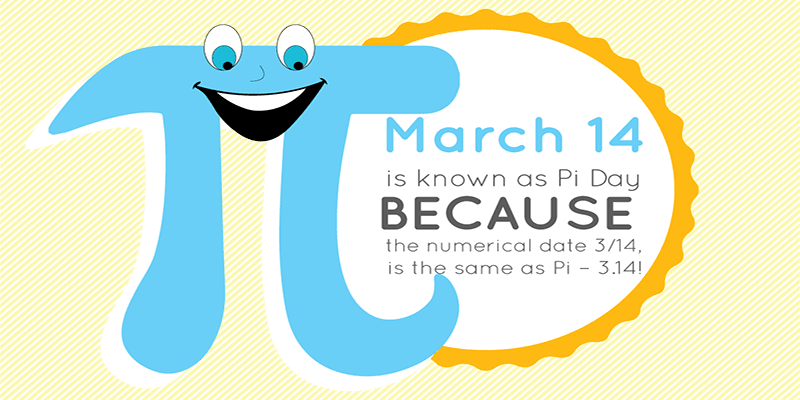Why calcium is important
.jpg)
Today many people facing many bone problems, joint pain, muscles pain. If you want to save your family from all this you should add some calcium in your diet in your daily food. Not only body our brain also need it for good functioning. Our body is made of many thing one of them is calcium. After carbon ,hydrogen ,nitrogen comes calcium which play very important role in our body. Our blood also have some percentage of calcium . Even brain also have some calcium. Calcium is the most abundant mineral in the body, one that plays many vital roles. Your body uses it to build healthy bones and teeth, keep them strong as you age. every cell in the body uses calcium in some way, including the nervous system, muscles, and heart ,send messages through the nervous system, help your blood clot, your muscles contract, and regulate the heart’s rhythm, among other things. body gets the calcium it needs in one of two ways. The first and best way is through the foods you eat or the supplements you take.
Calcium functions –
Intake of calcium not only makes our bone strong but it also decreases the chances of blood pressure, diabetes, cancers.With the help of nervous system its make us moveable . During pregnancy the ladies should take adequatev amount of calcium diet , even calcium tablets are prescribed by doctors that is very essential for baby bone formation . Even after delivery calcium intake is essential for women.Growing babies should also need a lot of calcium. till 30 years our bone become fully developed, even though we need a lot of calcium . After 40s one should increase calcium intake as bone become weak
Approximately 99 percent of the body's calcium is stored in the bones and teeth. The rest of the calcium in the body has other important uses, such as some exocytesis, especially neurotransmitter release, and muscle contraction. In the electrical conduction system of the heart, calcium replaces sodium as the mineral that depolarizes the cell, proliferating the action potential. In cardiac muscle, sodium influx commences an action potential, but during potassium efflux, the cardiac myocyte , experiences calcium influx, prolonging the action potential and creating a plateau phase of dynamic equilibrium.
Collard greens, frozen 360 mg
Broccoli rabe 200 mg
Kale, frozen 180 mg
Soy Beans, green, boiled 175 mg
Bok Choy, cooked, boiled 160 mg
Figs, dried
2 figs 65 mg
Broccoli, fresh 60 mg
Oranges
Almond milk, rice milk or soy milk, fortified 300 mg
Orange juice and other fruit juices, fortified 300 mg
Tofu, prepared with calcium 205 mg
Waffle, frozen, fortified 200 mg
Oatmeal, fortified 140 mg
English muffin, fortified
1 muffin 100 mg
Cereal, fortified
ricotta, part-skim 335 mg
Yogurt, plain, low-fat 310 mg
Milk, skim, low-fat, whole 300 mg
Yogurt with fruit, low-fat 260 mg
Mozzarella, part-skim 210 mg
Cheddar 205 mg
Yogurt, Greek 200 mg
American Cheese 195 mg
|
0-6 months |
210 milligrams/day |
|
7-12 months |
270 milligrams/day |
|
1-3 years |
500 milligrams/day |
|
4-8 years |
1000 milligrams/day |
|
9-18 years |
1200 milligrams/day |
|
19-30 years |
1000 milligrams/day |
You may also like :




















